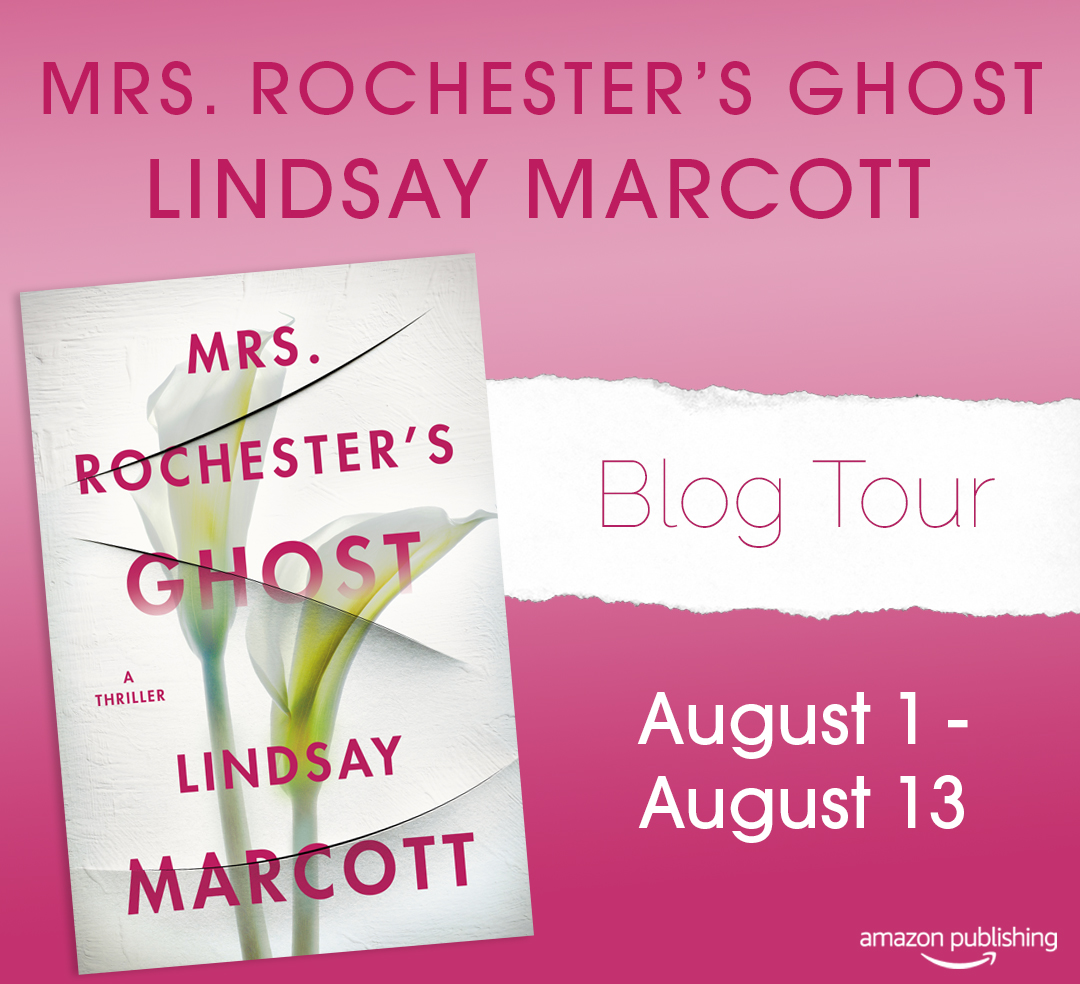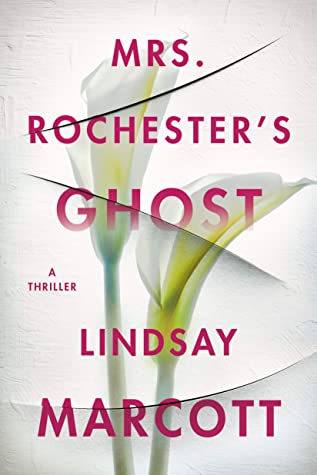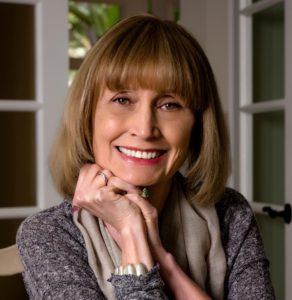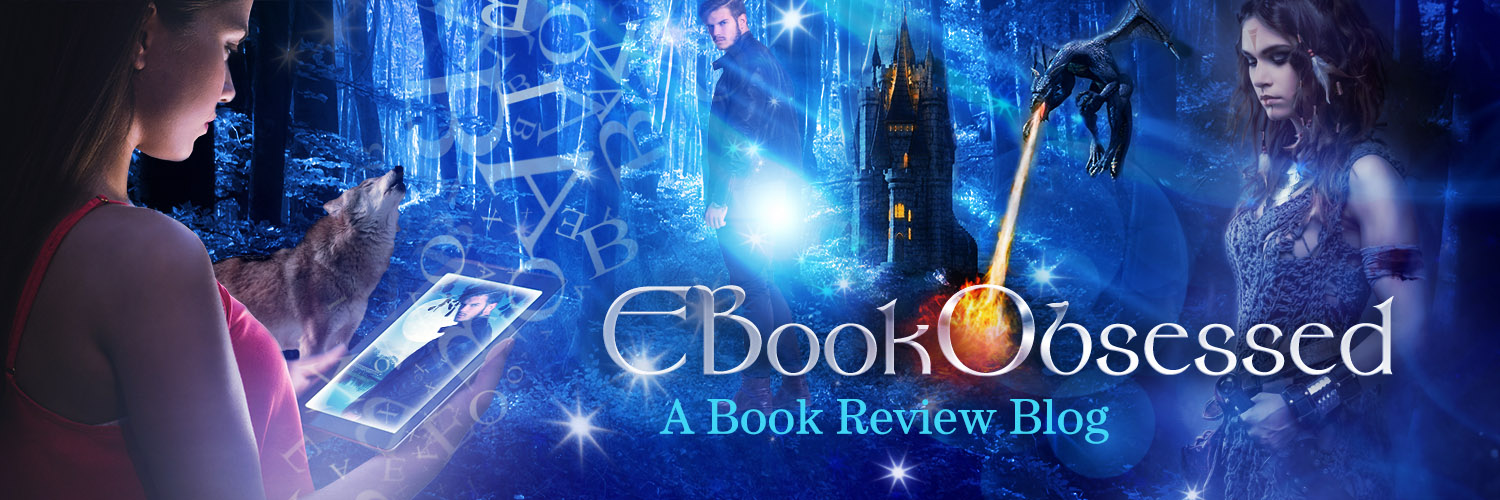 Jane Eyre for the Modern Age with Lindsay Marcott
Jane Eyre for the Modern Age with Lindsay Marcott
What is it about Jane Eyre that has made it a blockbuster for over a hundred and seventy years? The breathtaking writing, yes. The gripping plot: part Gothic romance, part coming-of-age story. The swooning romance between a rich man and a poor orphan, and the shock of the mad wife secreted in an attic.
But I think most of all it’s the voice of Jane herself: a young woman with an extraordinary sense of her own worth and independence. A voice that was revolutionary in 1847 when Charlotte Brontë published it. At the time, women had little say outside family and home. Their career opportunities outside of marriage were limited to underpaid servants and schoolteachers. Female characters in early Victorian novels were usually portrayed as either sugary too-good-to-be-true angels or fallen women seeking repentance.
Jane is neither. She’s constricted by the society she lives in–she needs to keep a stifling job as a governess or else starve to death—but she makes it clear she’d rather starve than sacrifice her will or stifle her intelligence. As a child, she has a temper and a will, even though she’s punished harshly for it. Later, when her employer, Mr. Rochester, grills her, she responds with strong opinions and engages in spirited debates. And when he tempts her to go live in sin with him in Europe, she escapes through the only means available to her—by running off to the surrounding moors, though it probably means she will die in those wilds. And she will not return to him until she learns he has fundamentally changed, and she can now love him passionately and physically without compromising her true self.
I believe it’s this will and independence of Jane’s that keep modern readers coming back for more (not to mention that throbbing romance!), and these are the same elements that inspire continual adaptations of the story. I had long dreamed of creating modern versions of these characters, because they so thrilled and delighted me and taught me life lessons over many years of my rereading the book. A nervy dream, yes. But also one that presented huge challenges: there are so many elements of the book that just won’t fly in an updated story.
For example: a current-day Jane would not be able to keep her curiosity under wraps about all the strange and spooky things going on in Mr. Rochester’s house. She wouldn’t just accept vague explanations or agree to his request to simply not ask about them. She would be itching to find out more.
Also a sexual relationship outside of marriage is no longer a taboo for most women of today. Jane wouldn’t have to flee that temptation. And of course a modern Mr. Rochester would be able to divorce a mad wife, though no doubt having to pay a heavy alimony for her future care. So that’s no longer even an obstacle.
But lies are always a problem in a relationship. Especially big lies.
A secret bigamist is a pretty big lie.
Being a secret murderer would be an even bigger one.
It was thinking about this that gave me the idea of adapting the book as a modern thriller. One in which Rochester does not have a stashed-away wife—instead he’s suspected of murdering a famous wife who has now disappeared. Jane would have to surreptitiously seek out the truth about him–guilty or not?–before she could give in to falling in love. And when spooky things happened, she would need to confront those as well. She would be risking an enormous amount. Losing the love of her life. And maybe also losing her life.
And so I set about writing a thriller, adding startling new twists, putting in jumps and shivers. The result is Mrs. Rochester’s Ghost. It was a joy to write, and I certainly hope it’s an equal joy to read.
Mrs. Rochester’s Ghost Excerpt
The fog streamed in white scarves and pennants, with a bright half moon playing hide-and-seek among them. I walked briskly down the asphalt drive, Pilot racing figure eights around me. We cut across switchbacks toward the highway. I kept to the gravel shoulder as the grade descended.
A pair of headlights glowered in the mist, then swept swiftly by.
The highway continued to dip. Pilot romped ahead and disappeared from my sight around a curve.
“Pilot!” I heard him barking but couldn’t see him. I quickened my steps.
I found myself in the middle of a dense cloud. Fog gathered in the depression in the road.
“Pilot?” I yelled again. “Where are you?”
Excited yapping. But he was a ghost dog.
The roar of a motorcycle echoed from around the far side of the bend. Through the blanketing cloud, I caught a glimpse of the poodle trotting onto the road.
“Pilot, get back here!” I screamed.
The motorcycle’s headlamp glowed dimly as it appeared on the near side of the bend. Pilot barked with sudden frenzy. The headlamp veered crazily. Pilot darted off the road into the underbrush. A sickening sound of tires skidding out of control on gravel. A shout.
With horror, I watched motorcycle and rider slam down onto the gravel shoulder.
I ran toward the rider. He was sprawled crookedly next to the bike, but his limbs, encased in black leather and jeans, were moving stiffly. Alive, at least. With a groan, he hoisted himself up onto his elbows.
“Are you okay?” I shined my flashlight on him. He whipped his head. “What the hell are you?”
“Just a person,” I said quickly.
He yanked his goggles down. “For Chrissake. I meant who are you? What are you doing here?”
“Taking a walk.”
“What kind of lunatic goes out for a walk in this kind of fog?”
“Maybe the same kind of lunatic who drives way too fast in it.”
“You call that fast? Christ.” He gingerly gathered himself into a sitting position, then flexed his feet in the heavy boots experimentally. He took off his helmet and shook out a head of rough black curls. A week’s tangle of rough salt-and-pepper beard nearly obscured a wide mouth. The prominent nose might be called stately on a more good-natured face. “What the hell was that creature in the middle of the road?”
“A dog.”
“A dog?”
“A standard poodle. Unclipped.”
He put the helmet back on, then pulled a cell phone from his jacket and squinted at the screen. “Nothing,” he muttered.
“The reception’s kind of iffy around here.”
He flung out an arm. “Help me up, okay?”
I approached him tentatively. He was over six feet and powerfully built. About twice my weight, I guessed. “I’m not sure I can pull you.”
“Yeah, you probably can’t. Stoop down a little.”
God, he’s rude. I did, and he draped his arm around my shoulder, transferring his weight. My knees buckled a little but didn’t give. He began to stand, crumpled slightly, then got his balance and pulled himself up straight.
I suddenly became aware of his intense physicality. The power of his arm and shoulder against my body, the taut spring of the muscles in his chest. As if he sensed what I was feeling, he shook off my support and stood on his own feet.
“At least you can put weight on your feet,” I said. “That’s a good sign.”
“Are you a medical professional?”
“No.”
“Then your opinion doesn’t count for much at the moment.”
Go to hell, was on the tip of my tongue. But the fog’s chill was making me sniffle. It seemed absurd to attempt a stinging retort with a dripping nose. I swiped it surreptitiously with the sleeve of my jacket.
He walked, limping slightly, to the Harley. “This thing’s supposed to take a corner. That’s the main reason I bought it!” He gave the seat a savage kick. Then he hopped on his nonkicking boot and shook a fist as if in defiance of some bully of a god who particularly had it in for him.
I laughed.
He whirled on me. My laughter froze. The look of fury on his face sent a thrill of alarm through me. I edged backward; I felt at that moment he could murder me without compunction and leave my corpse to be devoured by coyotes and bobcats.
But then, to my astonishment, he grinned. “You’re right. I look like an ass.”
Pilot suddenly came crashing out of the underbrush.
“Is that your mutt?”
“Yes. Though, actually, not mine. He’s a recent addition at the place I’m staying.”
He stared at me, a thought dawning. I forced myself to stare back: deep-set eyes, dark as ink. I was about to introduce myself, but he yanked the goggles back over his eyes and stooped to the handlebar of the bike. “Help me get this up. Grab the other bar. You pull and I’ll push.”
“It’s too heavy.”
“I’ll do the heavy lifting. Just do what you can.”
Obstinately, I didn’t move.
“Please,” he added. He made the word sound like an obscenity.
I took a grudging step forward and grabbed hold of the handlebar with both hands. I tugged it toward me as he lifted his side with a grunt. The bike slowly rose upright.
“Hold it steady,” he said.
It felt like it weighed several tons—it took every ounce of my strength to keep my side up as he straddled the seat. He grasped both bars. Engaged the clutch, cursing in pain as he stomped on the pedal. He glanced at me briefly.
And then, sending up a heavy spray of gravel, the Harley roared off into the enveloping fog.
“You’re welcome, Mr. Rochester!” I shouted into the deepening gloom.

About the Book
Title: Mrs. Rochester’s Ghost
Author: Lindsay Marcott
Release Date: August 1, 2021
Publisher: Thomas & Mercer
Summary
Jane has lost everything: job, mother, relationship, even her home. A friend calls to offer an unusual deal—a cottage above the crashing surf of Big Sur on the estate of his employer, Evan Rochester. In return, Jane will tutor his teenage daughter. She accepts.
But nothing is quite as it seems at the Rochester estate. Though he’s been accused of murdering his glamorous and troubled wife, Evan Rochester insists she drowned herself. Jane is skeptical, but she still finds herself falling for the brilliant and secretive entrepreneur and growing close to his daughter.
And yet her deepening feelings for Evan can’t disguise dark suspicions aroused when a ghostly presence repeatedly appears in the night’s mist and fog. Jane embarks on an intense search for answers and uncovers evidence that soon puts Evan’s innocence into question. She’s determined to discover what really happened that fateful night, but what will the truth cost her?

About the Author
Lindsay Marcott is the author of The Producer’s Daughter and six previous novels written as Lindsay Maracotta. Her books have been translated into eleven languages and adapted for cable. She also wrote for the Emmy-nominated HBO series The Hitchhiker and co-produced a number of films. She lives on the coast of California. You can contact the author on her website at https://www.lindsaymarcott.
